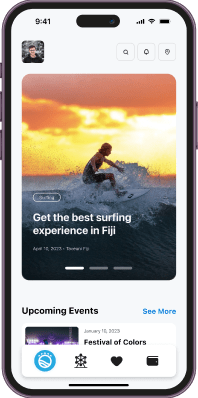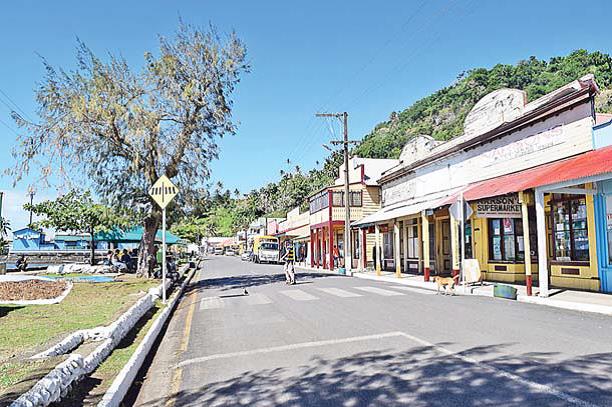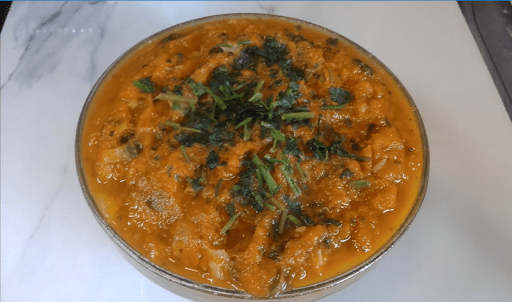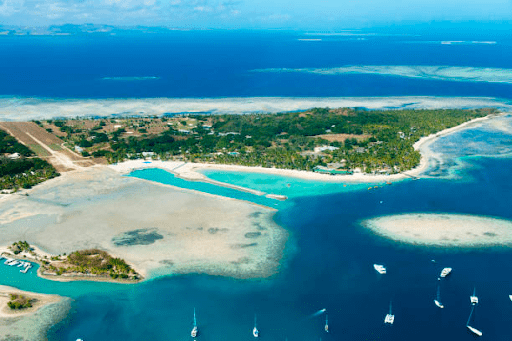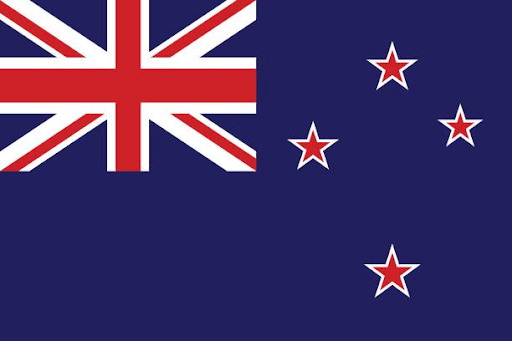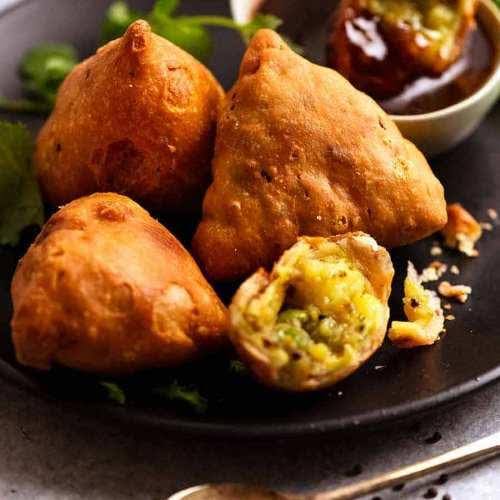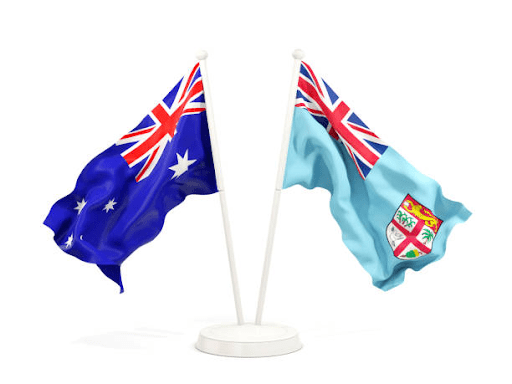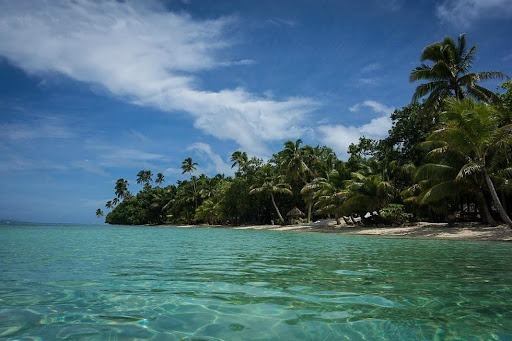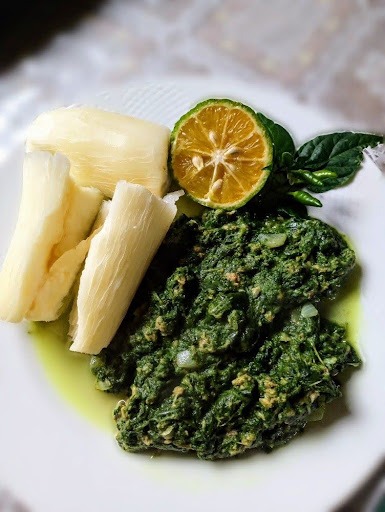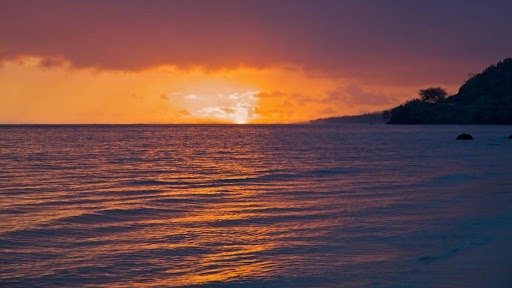Interesting facts about Levuka, Fiji’s first capital city
The remnants of the 19th-century European settlement remain in Levuka today.
Feature image credit: Wikipedia
If Fiji’s long and lustrous past were embodied in a single place, it would be Levuka, a seaside town along the coast of Ovalau Island. Set amongst the coconut and mango trees, the charming little town is set to the backdrop of Ovalau’s extinct volcano. But the quaint little set-up harbours more than just old-fashioned charm. They also have a story to tell.
- Levuka is an old-world town in the 21st century with an interesting history
The weatherboard buildings that line Levuka’s main street today are a throwback to a foregone era of rowdy saloons and western boarding houses. A walk down the street is akin to travelling back in time to the early days of European settlement in Fiji.
Back in the 1820s, Levuka was established as a whaling port. It went on to function as a small trading post. The early settlers were an interesting combination of traders, castaways, convicts, deserters, planters, missionaries, and merchants.
- Levuka became an important trading post in the 1870s
Levuka did not have an official government. In spite of that, the town thrived. Come the 1870s, the small area along the coastline grew to hold more than 3,000 American and European dwellers as well as 52 bars and boarding houses.
The westerners built single or two-storied timber buildings with hipped or gable roofs that were used as warehouses, stores, port facilities, residences, religious places, educational facilities, and social institutions.
They had become the region’s most important trading post.
- Levuka was Fiji’s first capital
In 1874, Great Britain colonised Fiji. Following the peaceful ceding of power to the British by Bauan chief Ratu Seru Cakobau, bustling Levuka became Fiji’s first capital.
During the heydays, Beach Street was the heart of the economic activities and the ingredient to the flourishing of Levuka.
Picture credit: ebrary
The glorious time lasted only eight years, during which they established the first school, first post office, first hospital, and first newspaper.
Sadly, Levuka’s position on a narrow coastal strip meant that it was restricted locationally by 600m cliffs. The little area lacked the space to accommodate the speedily growing town. Soon in 1882, the capital was moved to Suva, along with the economic activities. Eventually, Levuka’s significance diminished.
Despite that, Levuka continued to develop as businesses kept planting themselves there.
- Levuka reflects the whole range of stages of colonial development in the South Pacific
This includes a long list of sites, including Totoga and Nasau villages, the former Cakobau Parliament House site (now the European memorial), Morris Hedstrom bond store, the Baba indentured labour settlement, the Hennings residence, Captain Robbie’s bungalow, Sacred Heart Cathedral and Presbytery from the 1860s, the Royal Hotel founded in the late 1860s, the Deed of Cession site, the former Government of Nasova House site, Port Authority, the Post and Customs buildings, the former Methodist Church and Mission Hill, Levuka Public School, Town Hall, Masonic Lodge, Ovalau Club, Bowling Club, workers cottages, and the shell button factory site.
Each of these places attests to the different stages of the colonisers’ influence.
- Levuka is a UNESCO World Heritage Site
In 2013, Levuka was included in the highly revered UNESCO World Heritage Sites list. The UNESCO site reads, “Levuka is a rare example of a late colonial port town that was influenced in its development by the indigenous community which continued to outnumber the European settlers. Thus the town, an outstanding example of late 19th-century Pacific port settlements, reflects the integration of local building traditions by a supreme naval power, leading to the emergence of a unique landscape.”
- In Levuka, Prince Charles unveiled a memorial commemorating Fiji’s independence
Picture credit: Memory Lane
Fiji was officially granted independence on 10 October 1970 after 96 years of British colonial rule. After much dialogue between the two parties, Britain deemed Fiji capable of self-governance.
Prince Charles, representing the Queen, handed over the instruments of independence to Chief Minister Ratu Sir Kamisese Mara. On 12 October 1970, Prince Charles visited Levuka where he unveiled a memorial commemorating Fiji’s independence. He also met with servicemen there.
- Things to do in Levuka
Today, many of the bars and boarding houses from Levuka’s golden age are gone, victims of time, poor weather, and raids by highland tribes. Nonetheless, Levuka’s isolated location and the effort of the locals have preserved some of the structures in this historic town.
To get a feel of Levuka and her rich history, visit the following places:
- Beach Street. What used to be the heart of economic activity, brimming with saloons and bars, is now a row of columned storefronts. Nonetheless, it offers a glimpse into the prime days.
- Princes Wharf. Levuka is one of Fiji’s three official ports of entry, and Prince Wharf plays a part in that role.
- Levuka Community Centre & Museum. A historical tour of the town can be organised through the museum. The community centre also offers guided treks to the Fijian villages of Lovoni.
- Nasova. The village of Nasova was where the deed of cession was signed when Fiji was handed to the British in 1874. Likewise, Nasova is where you will find the three “cession stones” used to commemorate Fiji’s independence in 1970. A large bure (Fijian Bangalow) nearby is known as “Prince Charles Bure”, which was where Prince Charles stayed during his visit.
- Niukaubi Hill. This is where one of Levuka’s two war memorials is located. The supreme court building and parliament house are also found on Niukaubi Hill.
- Mission Hill. Start at the historic Methodist church and climb 199 steps to the top, where you’ll find some of Levuka’s old buildings, including Methodist mission homes and the Delana Methodist School.
Check out the 10 historical sites to visit in Levuka.
Picture credit: Fiji Guide
If quaint, quirky, and antiquated is your thing, Levuka should be on your bucket list.
